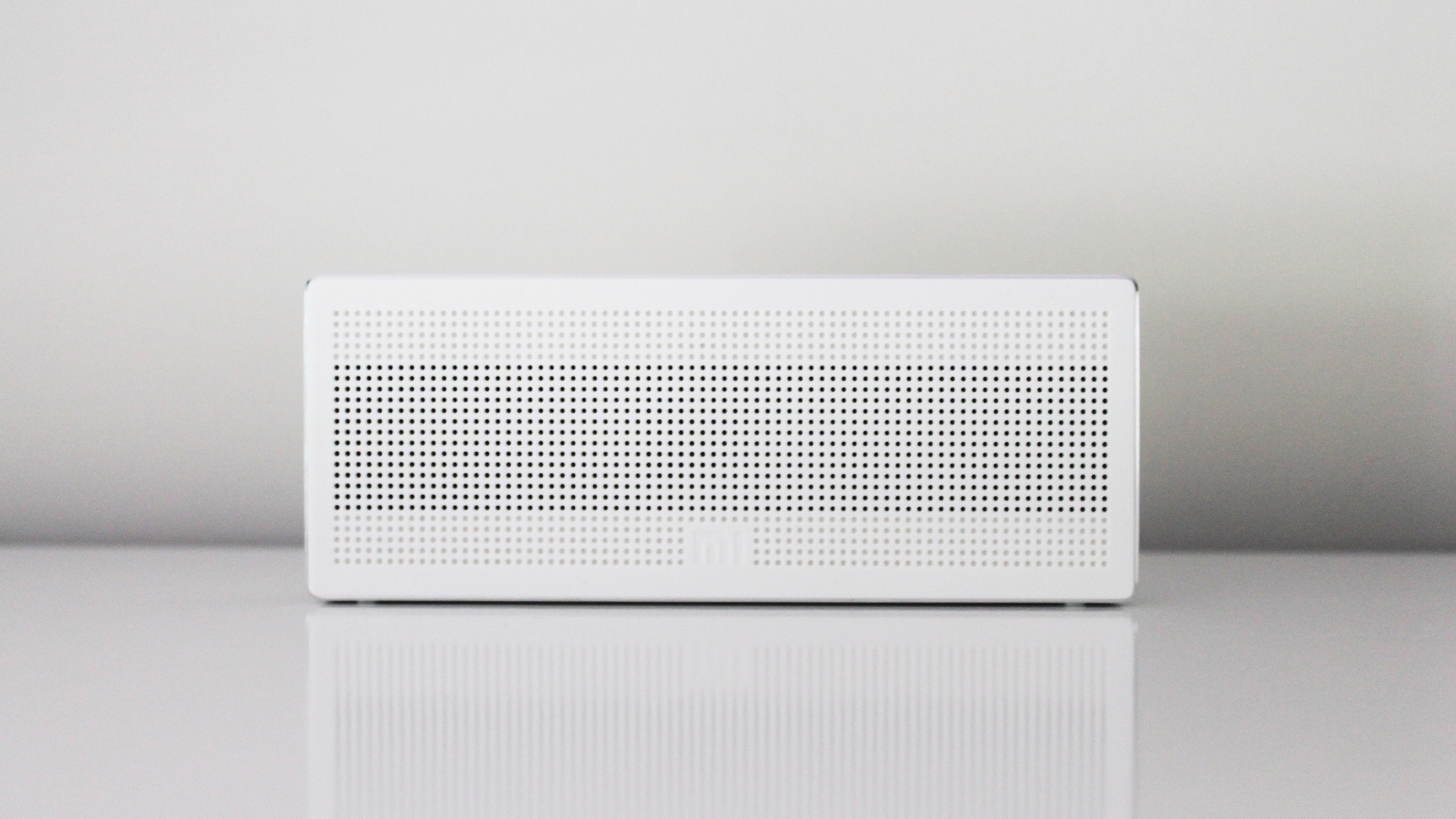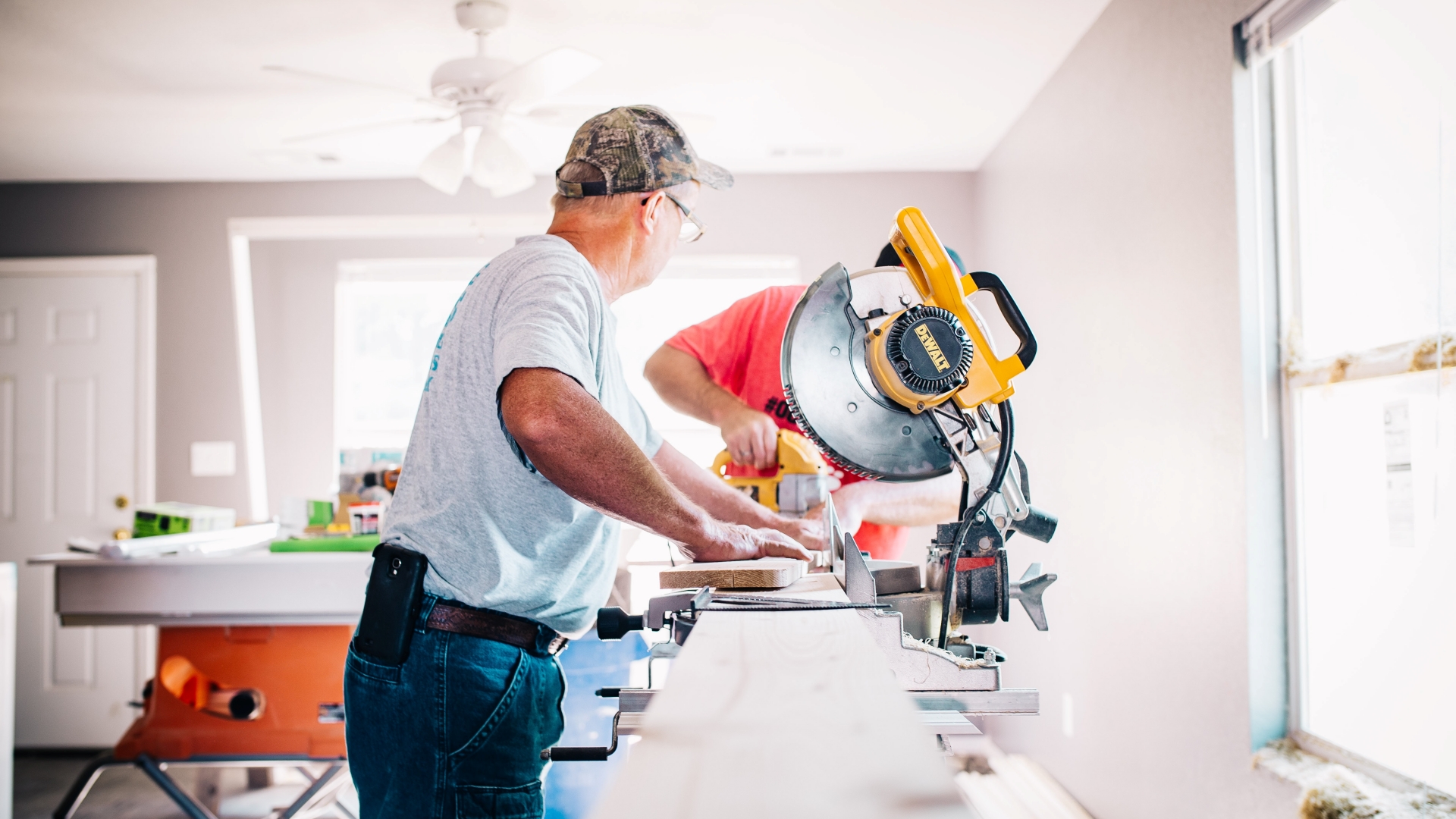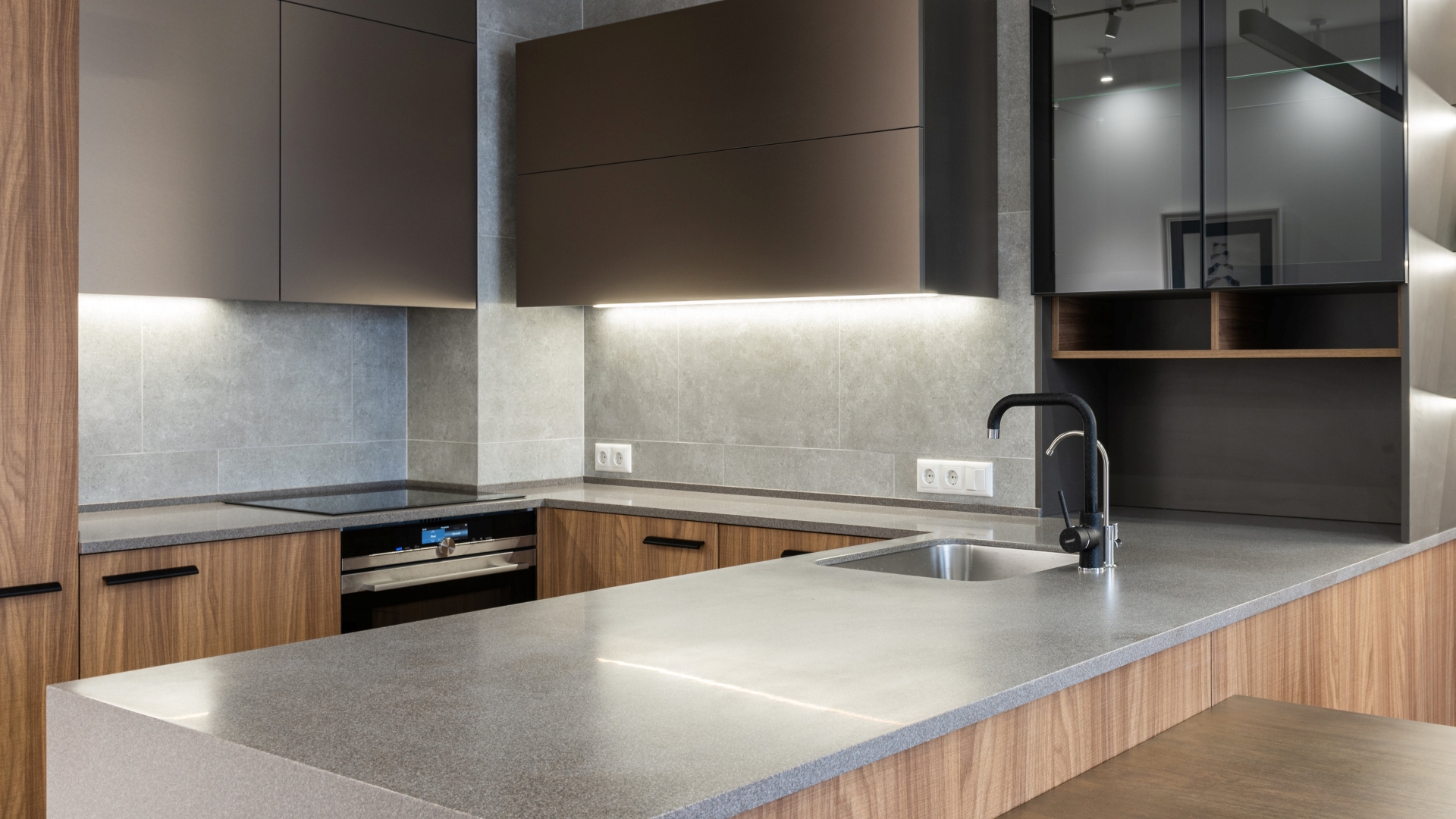Wrestling with a leaking pipe in your kitchen or grappling with a stubbornly clogged drain in your bathroom? These common plumbing issues can disrupt your daily routine and, if left unattended, can lead to serious damage and costly repairs. This post provides the essential insights required to handle such situations.
A comprehensive understanding of basic plumbing services is crucial when maintaining your home’s functionality. By recognizing early signs of potential piping issues, you can prevent major disruptions and additional expenses down the line.
In our shared journey of comprehensive plumbing solutions, we’d like to direct you towards Fergusons Plumbing LinkedIn profile. Here you will find more varied perspectives on ‘Plumbing Services 101’ from certified professionals committed to optimizing your water management systems at home.
Prioritize Key Repairs
When you face a plumbing issue, prioritizing repairs is crucial. Problems involving drainage and sewer lines can escalate, causing structural damage and costly repairs if ignored.
Regular upkeep identifies issues like root invasions or hidden pipe damage and stops them from developing into major obstacles. Resolving these concerns helps maintain your system’s efficiency.
- Routine Drain Cleaning: To maintain healthy pipes, regular cleaning and hydro jetting services are critical. They remove buildup and avert stubborn blockages.
- Use of Advanced Plumbing Techniques: Implementing sophisticated methods like tankless water heaters and low-flow fixtures can reduce water consumption and lower monthly bills.
- Essential Plumbing Maintenance: Flushing water heaters regularly eliminates sediment, improving performance and reliability over time.
- Employ Preventive Measures: Using proper garbage disposal materials, servicing sump pumps, and maintaining water softeners protect against extensive plumbing challenges.
Notably, trusted professionals offer exceptional plumbing services to help. They expertly handle leak prevention with Teflon tape, safeguarding your home from water intrusion.
Even tiny leaks can worsen over time, yielding serious damage if ignored. Recognizing minor setbacks early is key to preventing major plumbing emergencies.
Use Essential Tools
Begin your plumbing endeavors by learning essential tools. Wrenches, like a pipe wrench, tighten and loosen fittings and are vital for controlling pipes and connections.
For cutting metal or plastic, hacksaws prove effective, while tubing cutters focus on copper or plastic. Each tool has specific strengths for tackling distinct pipe materials.
- Basin wrench: This T-shaped tool assists in tightening faucets in cramped areas.
- Adjustable wrench: Frequently used for loosening or tightening various nuts and bolts.
- Faucet key: Ideal for opening and closing sillcocks and spigots.
- Plumber’s torch: Applies heat for soldering new piping during installations or replacements.
Clearing blockages with plungers, hand augers, or snake machines is standard. These tools help remove stubborn clogs and maintain steady flow within drains and pipes.
Always prioritize safety by wearing goggles and gloves. Using proper tools optimizes productivity and allows you to avoid hazards throughout challenging plumbing projects.
Call a Plumber
Routine inspections help detect leaks, drips, or water damage early. Seasonal upkeep, like winterizing exposed pipes, extends system life and prevents freezing or bursting.
Homeowners can handle small tasks, such as cleaning faucet aerators, flushing the water heater, and checking toilets for leaks. Knowing shut-off valve locations is vital during emergencies.
- Professional Inspections: Annual expert checks reveal potential problems before expensive damage occurs.
- Addressing Common Problems: Tackle typical issues like clogs or drips promptly to avoid larger harm.
- Preventive Measures: Insulating pipes and using leak detectors reduces the chance of costly repairs.
- Engaging Professional Help: Complex repairs need licensed plumbers for safe, correct work.
Proactive care and rapid responses to plumbing malfunctions can save money and avoid inconvenience. Whenever a repair seems daunting, call a licensed professional for reliable solutions.
Review Your Findings
You, too, should value transparency, so make sure the plumbing pros you consider communicate clearly. They should outline their plans, give accurate estimates, and help you understand the process.
Quality Check
Skilled professionals handle various plumbing projects effectively, from sink installations to outdoor lines. A swift emergency response also proves crucial, so streamline access before they arrive.
Fair Pricing
Clarify costs upfront by requesting a detailed service quote. Clear breakdowns avert surprises and help you confirm you are paying only for specific, necessary tasks.
Legal Aspects
Always confirm compliance with local requirements. Permits safeguard you from legal issues, so ensure the company secures needed documents. Find more insights here.
Review Authenticity
Examine reviews from multiple sources, factoring in both positives and negatives. Reliable indicators, such as the BBB Accreditation Standards, highlight professionalism and help you avoid subpar service.
Keep Detailed Records
Keeping detailed records in your plumbing business is crucial. It ensures data security and aids in effective record organization, supporting the long-term financial health of the business.
Importance of Detailed Records
Well-managed records verify compliance and streamline reporting. They also ease identifying deductible expenses and simplify audit preparation. Transparent data fosters confidence in any plumbing operation.
Best Record Keeping Practices
Consider small-business accounting software for automated income and expense tracking. Double-entry bookkeeping enhances accuracy, protects data integrity, and keeps a consistent overview of finances.
Expense and Invoicing
Keep track of every business expenditure, including receipts, invoices, and bank statements. Issue timely, detailed invoices to reinforce your cash flow and financial safeguards.
Managing Cash Flow
Monitor accounts receivable and payable closely. Compare actual figures with budgeted goals to spot discrepancies early. Corrective steps protect your operation’s fiscal health and stability.
Compare Multiple Estimates
Gather different quotes for plumbing jobs, including fixed cost, labor, and material estimates. Factors like complexity, scope, and expertise influence pricing strategies and warranties.
By comparing estimates, you can save costs and gain clarity on required materials and labor. However, remain wary of aggressive sales tactics or vague scopes.
- Project Information: Outline client details and overall requirements.
- Scope of Work: Precisely list included tasks and services.
- Materials and Labor: Provide thorough cost breakdowns and contingencies.
- Permits and Inspections: Specify compliance fees and guidelines.
- Payment Terms: Clarify deposits, schedules, and deadlines.
Evaluate multiple quotes to identify unusually high or low figures. Anticipate unforeseen expenses by adding a buffer of around 10–20%, ensuring a balanced final assessment.
Adopt Regular Maintenance
Annual plumbing tune-ups avert expensive breakdowns, especially in older properties. A systematic inspection detects developing issues, letting you address them before extensive damage occurs.
Newer Plumbing Systems
Licensed experts suggest checking newer systems within two years to keep plumbing supply parts in good condition. Preventive evaluations uphold functionality and curtail surprise malfunctions.
Considering Mature Trees
Homes with mature trees need extra vigilance. Roots may infiltrate sewer or main lines, causing cracks or blockages. More frequent checks help you spot issues sooner.
Cost Savings
Timely maintenance lowers major repair bills. Clearing a clog or descaling buildup is cheaper than replacing an entire line, adding considerable savings over the years.
Wear and Tear
Like any system, plumbing endures gradual deterioration. Annual checkups preserve vitality and can extend component service life, safeguarding your investment and reducing unplanned disruptions.
Final Thoughts
The proper approach to plumbing problems is crucial to your home’s upkeep. Regular maintenance, diligent record keeping, and securing expert assistance deliver effective solutions. Use this information wisely as you navigate through your plumbing needs.











